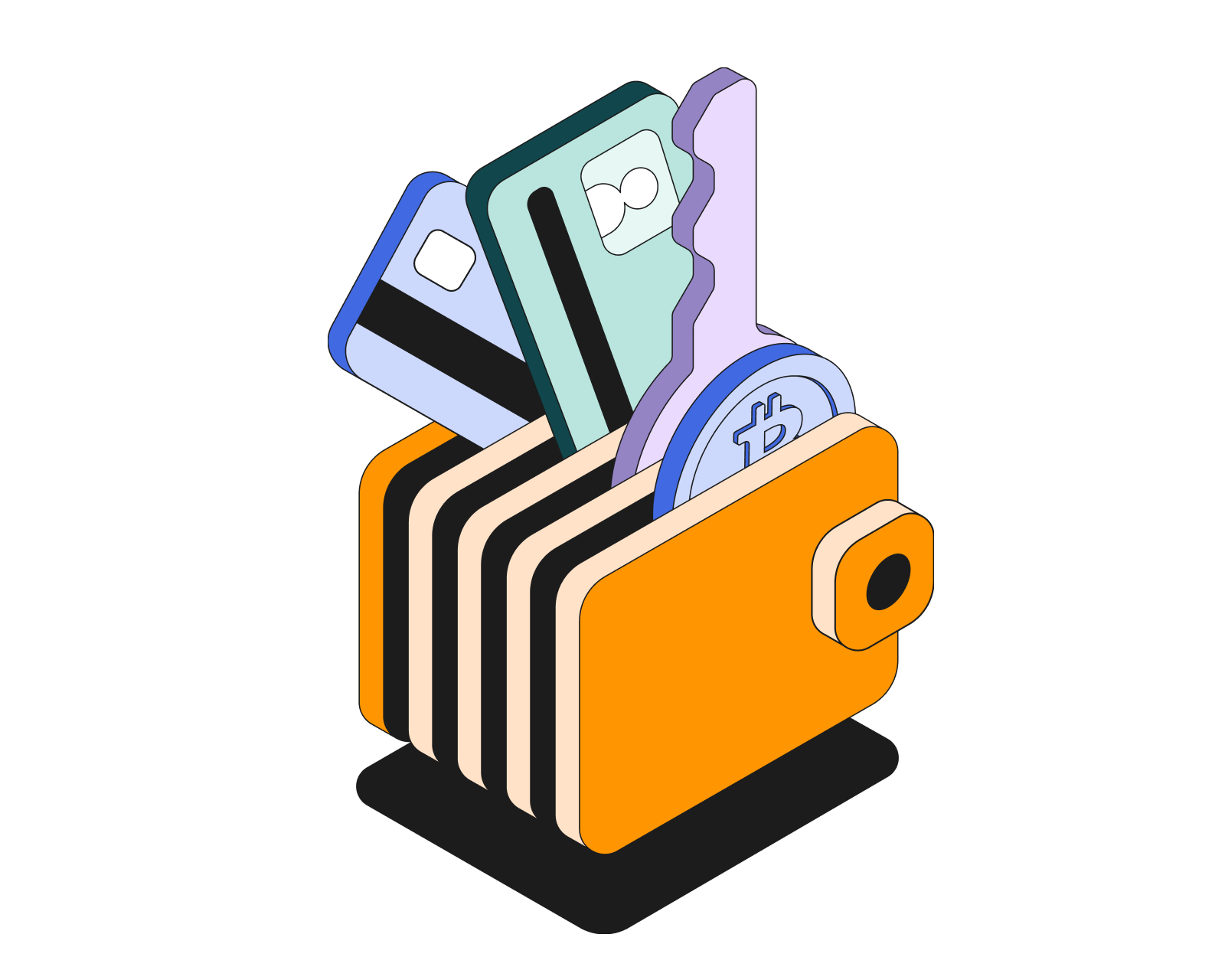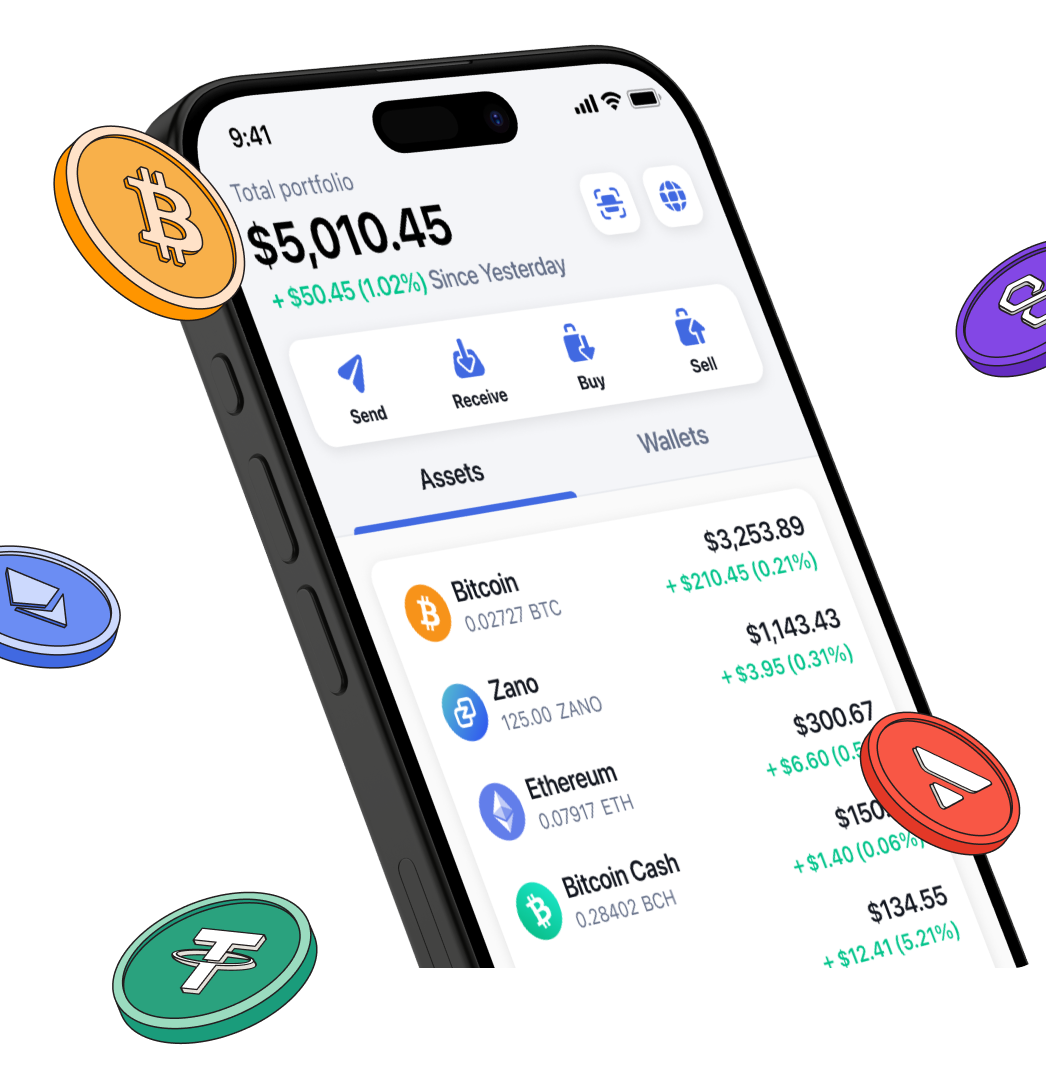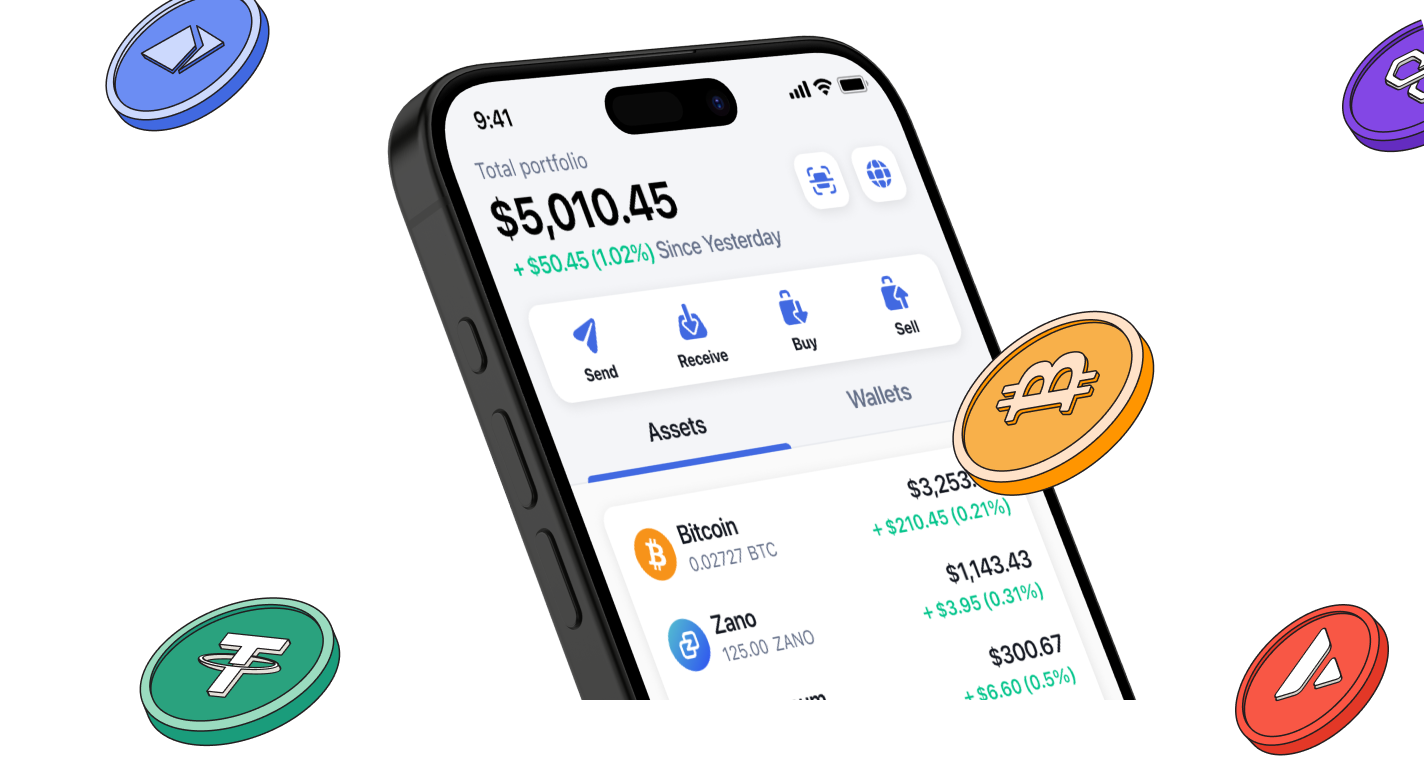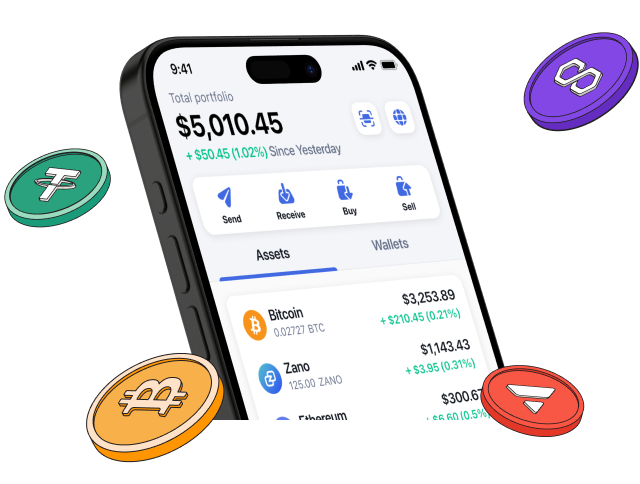What are Bitcoin ETFs?
Last updated

Table of Contents
- What is an ETF and What is a Bitcoin ETF?
- Historical Context of Bitcoin ETFs and the SEC's Stance
- Bitcoin ETFs outside of the United States
- Bitcoin ETF Fees: Understanding the Costs
- Bitcoin ETF Counter-party Risk: A Closer Look
- Lack of Utility
- Flow of Funds and Potential Impacts: The TradFi Influence
- Conclusion
What is an ETF and What is a Bitcoin ETF?
An Exchange-Traded Fund (ETF) is a type of investment fund traded on stock exchanges, much like stocks. An ETF holds assets such as stocks, commodities, or bonds and generally operates with an arbitrage mechanism designed to keep it trading close to its net asset value.
A Bitcoin ETF, in particular, is an ETF that tracks the value of Bitcoin. It allows people to invest in Bitcoin without owning the actual cryptocurrency. Because ETFs exist within the traditional financial system, Bitcoin ETFs open the door for a broader range of investors including those who prefer traditional investment vehicles or wish to include Bitcoin in their retirement plans. However, it is important to note that holders of shares in Bitcoin ETFs do not actually hold the underlying Bitcoin. This has important implications, which are explained below.
Historical Context of Bitcoin ETFs and the SEC's Stance
The journey to the approval of a Bitcoin ETF in the United States has been long and fraught with regulatory hurdles. The first application for a Bitcoin ETF was filed in 2013 by the Winklevoss twins, Cameron and Tyler Winklevoss, who are well-known figures in the cryptocurrency space. Dozens of Bitcoin ETF applications have been rejected over the years. The U.S. Securities and Exchange Commission (SEC), which oversees the approval of ETFs, has been cautious, citing concerns over market volatility, liquidity, and potential market manipulation. The first Bitcoin ETF in the United States was approved on DATE.
Bitcoin ETFs outside of the United States
The regulatory environment in various countries has allowed for the establishment of Bitcoin ETFs prior to any such approvals in the U.S. Some notable examples include:
- Canada: Canada has been a leader in launching Bitcoin ETFs. The Ontario Securities Commission approved the Purpose Bitcoin ETF in February 2021, making it the first North American Bitcoin ETF. Subsequently, other Bitcoin ETFs like Evolve Bitcoin ETF and CI Galaxy Bitcoin ETF were also launched in Canada.
- Brazil: In April 2021, Brazil approved the Latin American region's first Bitcoin ETF. Managed by QR Asset Management, the ETF was listed on the Brazil Stock Exchange (B3).
- Europe: While not exactly ETFs, Europe has several Bitcoin Exchange-Traded Products (ETPs) and Exchange-Traded Notes (ETNs), which function similarly. These products are listed on various European stock exchanges, including those in Germany and Switzerland.
These international Bitcoin ETFs and similar products offer investors regulated and traditional investment avenues to gain exposure to Bitcoin, reflecting the growing global interest and acceptance of cryptocurrencies in mainstream finance.
Bitcoin ETF Fees: Understanding the Costs
ETFs, including Bitcoin ETFs, typically incur various fees. Management fees, the most common, are usually expressed as a percentage of the assets under management (AUM). For Bitcoin ETFs, these fees can range widely but typically fall between 0.5% to 2% annually. These costs cover the expenses of running the ETF and can impact overall investment returns, especially over the long term.
Bitcoin ETF Counter-party Risk: A Closer Look
While the structure of ETFs inherently offers some protection against the bankruptcy of ETF providers, several nuanced risks remain:
- Operational Disruptions: Short-term disruptions in trading or asset valuation can occur during a managing company's financial difficulties.
- Liquidation Risks: In the event of an ETF provider's bankruptcy, while the ETF's assets are protected, the process of liquidating these assets and distributing the net asset value to investors can be time-consuming and might not align with favorable market conditions.
- Counterparty Risk in Synthetic ETFs: ETFs using derivatives or structured as synthetic ETFs face risks if the counterparties to these derivatives face financial issues.
- Management Changes: Bankruptcy can lead to new management, potentially altering the ETF's investment strategy or efficiency.
Lack of Utility
Investing in a Bitcoin ETF means you do not hold actual Bitcoin, eliminating your ability to use it for transactions or to leverage its potential as a borderless digital currency. In contrast, the self-custody Bitcoin.com Wallet app enables users to purchase and hold Bitcoin directly, eliminating counterparty risks and providing the full utility of BTC, including instant, low-fee global transactions.
Flow of Funds and Potential Impacts: The TradFi Influence
The entry of traditional finance (TradFi) into Bitcoin via ETFs brings a new dynamic. ETF managers now have a vested interest in marketing Bitcoin, as their revenue is tied to ETF fees. This represents the first major push by TradFi into Bitcoin, potentially influencing its price significantly.
However, this intersection with TradFi could be at odds with Bitcoin's original ethos as an antidote to traditional financial systems. A potential scenario is the growing influence of TradFi players in shaping Bitcoin's evolution, potentially diluting its role as a decentralized, counter-establishment asset. This influence might affect not only market dynamics but also the philosophical underpinnings of Bitcoin's community and future development.
Conclusion
Bitcoin ETFs offer an intriguing blend of traditional investment mechanisms and the innovative world of cryptocurrency. While they present new opportunities for exposure to Bitcoin, investors must navigate the complexities of fees, counter-party risks, and the potential impact of TradFi on Bitcoin's ethos and market dynamics. As the landscape evolves, the Bitcoin.com Wallet stands as a testament to the power of self-custody in preserving the true utility and spirit of Bitcoin.
Related guides
Start from here →
How do I buy Bitcoin?
A beginner-friendly guide to buying Bitcoin step by step, with simple explanations and common options.

How do I buy Bitcoin?
A beginner-friendly guide to buying Bitcoin step by step, with simple explanations and common options.

What's a 'self-custodial' wallet?
Understand how the self-custodial model puts you in charge of your cryptoassets and protects you from third-party risk.

What's a 'self-custodial' wallet?
Understand how the self-custodial model puts you in charge of your cryptoassets and protects you from third-party risk.

What is a Bitcoin wallet?
Learn about this essential tool for sending, receiving, and storing your bitcoin; how it works, and how to use it safely.

What is a Bitcoin wallet?
Learn about this essential tool for sending, receiving, and storing your bitcoin; how it works, and how to use it safely.

How do I create a Bitcoin wallet?
Learn how to quickly and easily create a Bitcoin wallet. Understand the different wallet types and their respective pros & cons.

How do I create a Bitcoin wallet?
Learn how to quickly and easily create a Bitcoin wallet. Understand the different wallet types and their respective pros & cons.
STAY AHEAD IN CRYPTO
Stay ahead in crypto with our weekly newsletter delivering the insights that matter most
Weekly crypto news, curated for you
Actionable insights and educational tips
Updates on products fueling economic freedom
No spam. Unsubscribe anytime.



Start investing safely with the Bitcoin.com Wallet
Over wallets created so far
Everything you need to buy, sell, trade, and invest your Bitcoin and cryptocurrency securely

© 2026 Saint Bitts LLC Bitcoin.com. All rights reserved



